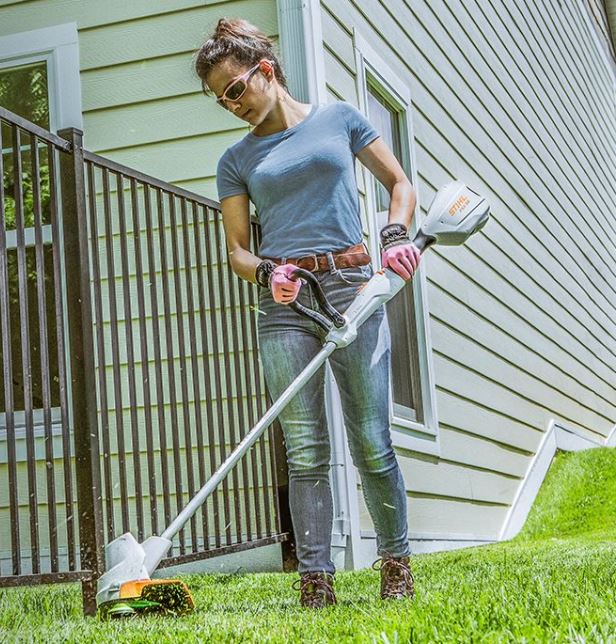
Protecting your valuables and assets by purchasing renter's insurance could be a worthwhile investment and a way to minimize your risk financially.
Even students living in apartment and dorms who have not amassed a large amount of furniture or expensive belongings should ensure they are protected against theft, accidents or other liabilities.
If the list of your current inventory of valuables is short and mostly limited to electronics such as your laptop, smart phone and TV or clothing, renter's insurance will protect you from any losses.
Purchasing renter's insurance protects your belongings, because your landlord's insurance only covers the structure and liability exposure.
Not purchasing renter's insurance can you leave you exposed to a potential financial loss or setback.
Renter's insurance covers the tenant's personal belongings and provides personal liability protection in case a guest is injured while in the home or property is damaged outside the home.
Some companies offer policies which includes coverage for things such as debris removal, reasonable repairs, fire department surcharge and broken glass. Only 34% of Americans who rent have renter's insurance, according to a March survey released by InsuranceQuotes.com.
Renter's insurance is often overlooked by younger and older people. It's unfortunate, because it's a really inexpensive financial safety net. You need to be prepared for a worse case scenario.
Some policies even provide coverage for when you are traveling and your laptop or other items are stolen. Or it can protect your valuables that are housed in a storage unit.
But What's The Price?
Paying for renter's insurance is fairly inexpensive, and the average monthly cost is under $12 a month.
Making a list of your belongings will help you determine how much it will cost to replace them in case of an emergency, theft or accident. If you have valuable jewelry or family heirlooms, you may need to buy special riders that are separate from the policy.
Renter's insurance will protect you against water damage such as a dishwasher leak from an apartment above yours, vandalism or from power surges or earthquakes, depending on your state and coverage.
When you are comparing quotes, ask the provider about what the policy does not cover, if claims settled on actual cash value or replacement cost and the amount of the deductible.
Some property owners now require their tenants to purchase rental insurance before they can rent an apartment, condo or home. Renters should consider this when they are budgeting for housing expenses.
Sometimes it is unclear who is responsible for damaged personal property such as a leak.
Having renter's insurance is especially important if you have roommates. Making sure all your roommates have their own individual policy is the safest way to make sure everyone is covered correctly.
Renter's insurance will cover alternative housing such as living in a hotel and paying for meals if your apartment is damaged by a fire and you are forced to move out while repairs are being made.
Another benefit to purchasing renter's insurance is that many companies will discount your auto insurance policy if you also purchase renter's coverage. For more information on renters insurance, contact Lallis & Higgins Insurance.
Mainstreet.com



